7 ways to boost your chances of mortgage approval - from a money expert
Don’t miss out on buying your dream home, read our guide for tips on ensuring a yes from your mortgage lender
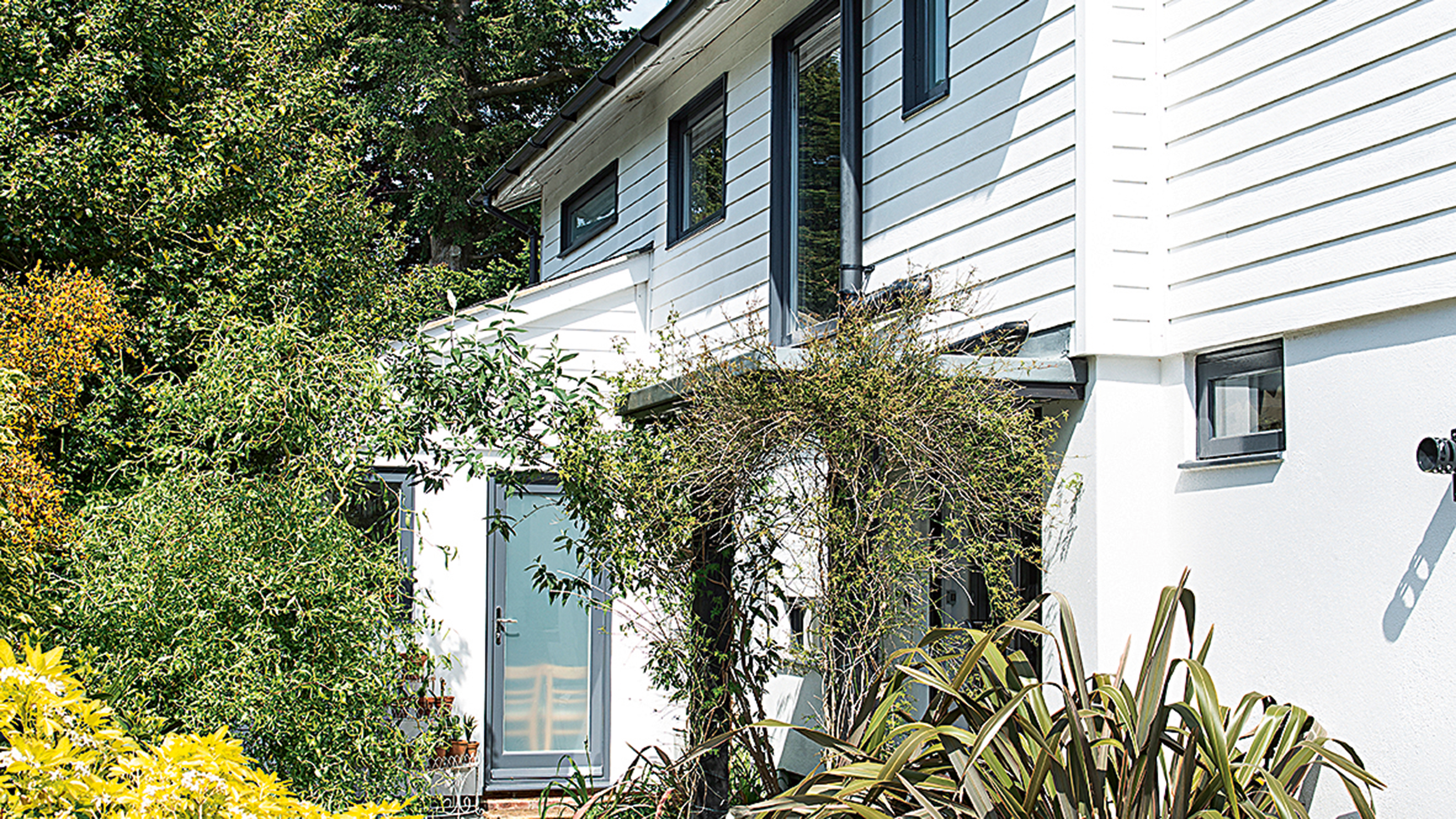
Homebuyer demand may have fallen compared to the frenzied activity we’ve seen in recent years, but there’s still a determined cohort of movers set on a purchasing a pad. In fact, around half a million property sales are expected to take place in the first six months of this year, according to Zoopla.
But buying a house, in particular, getting a mortgage has become a lot harder since interest rates increased and inflation rose to double digits putting pressure on household budgets and making mortgage lenders more cautious over who they lend to and how much.
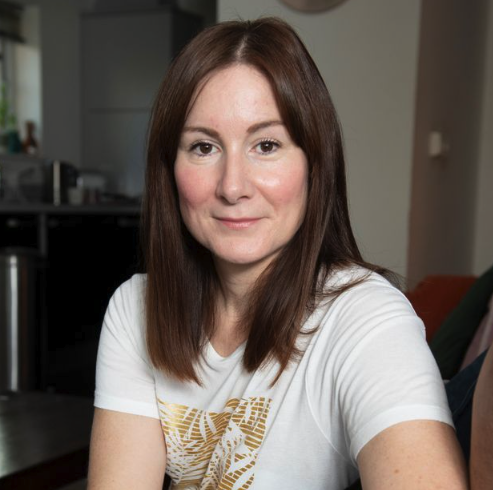
Samantha is a personal finance journalist specialising in mortgages and the property market.
Over the past nine years, Samantha has worked for the Daily Mail, trade website Mortgage Solutions and business title Property Week. She makes it her mission to stay up to date with everything to do with mortgages, stamp duty and all manner of personal finance issues.
How to boost your chances of mortgage approval
That’s why it’s more important than ever to review your financial situation, plan carefully for six to 12 months before applying for a mortgage and take advice so that you can avoid making a mistake that could cost you your mortgage.
Here’s our top tips for boosting you chances of mortgage approval
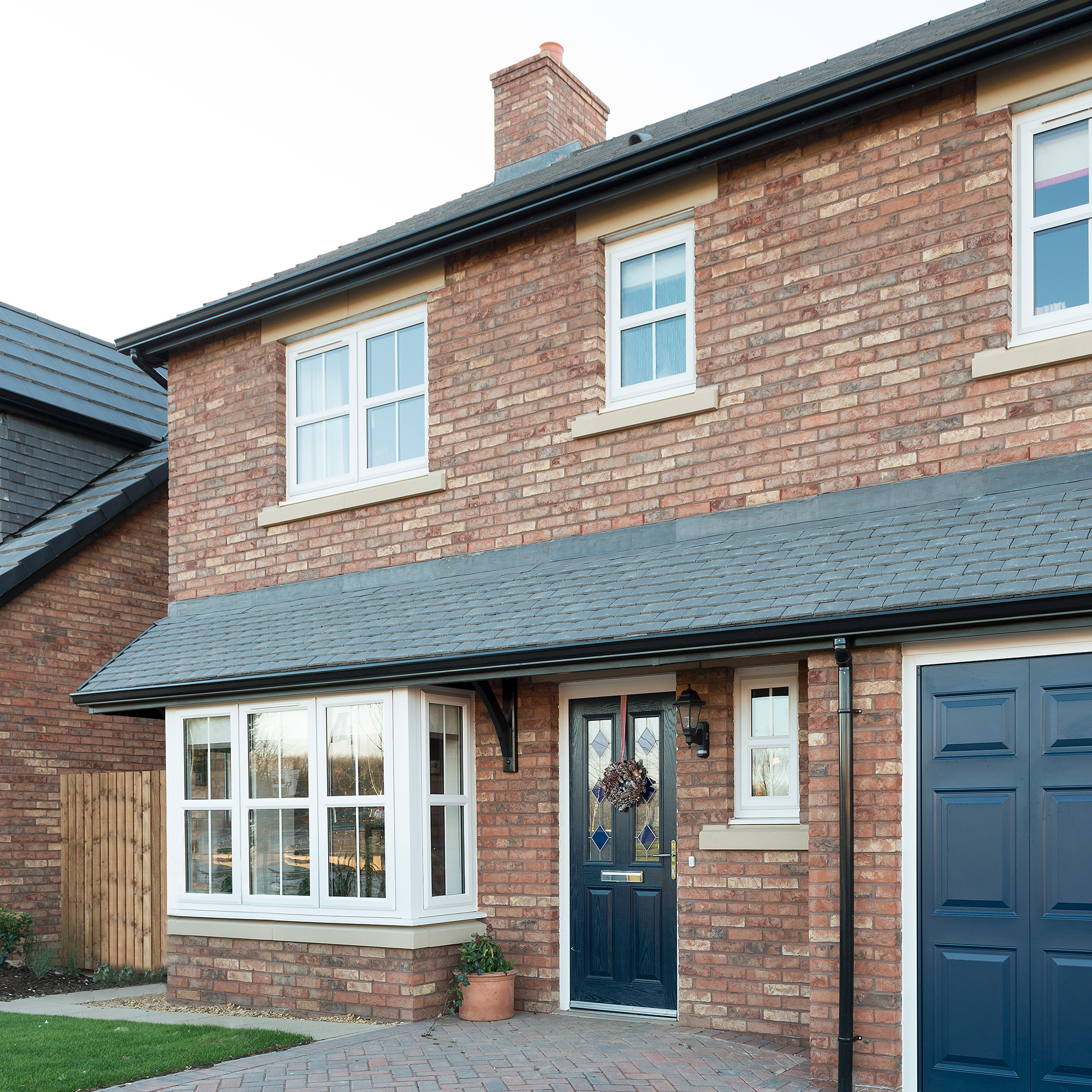
1. Keep your finances stable
'Avoid making any major financial changes in your life at least six months before applying for a mortgage such as switching jobs,' says Chris Sykes, technical director for mortgage broker Private Finance. Being new to your job can affect your chances of getting approved for a mortgage, particularly if you are still in a probation period when you apply.
There are lenders that will consider lending in these circumstances, usually if you have moved jobs within the same industry, but your options can become limited and you may be charged a higher rate.
2. Get your credit score in good shape
A credit score is a numerical rating that tells lenders how good you are at paying your bills and debts on time.
Get the Ideal Home Newsletter
Sign up to our newsletter for style and decor inspiration, house makeovers, project advice and more.
(You can find out what your credit score is by signing up to a credit agency such as Experian, Equifax or ClearScore. Experian and ClearScore allow you to check your score for free. Equifax offers a 30-day free trial, after which you’ll have to pay monthly. The agency will tell you if you score is low, medium or high and how to improve it.)
'A clean credit history and good credit score can improve your chances of mortgage approval,' explains Chris from Private Finance. If your credit score is low the mortgage rate you qualify for might come at a premium so it may make sense to work on improving your score before applying for a mortgage.”
You can improve your credit score by:
- Signing up to the electoral roll so that lenders can easily trace your address history
- Opening a credit card to buy small items which you repay in full immediately to demonstrate you are a responsible borrower
- Ensuring you’re not using more than 30% of the credit limit on any of your credit cards
- Pay off as many small debts as possible remembering to close the accounts afterwards.
You can also check up on your credit history, which shows if you have fallen behind on any credit commitments, if you have had any defaults or County Court Judgements registered against you in the last six years or if there are any mistakes on your credit file that you need to put right.
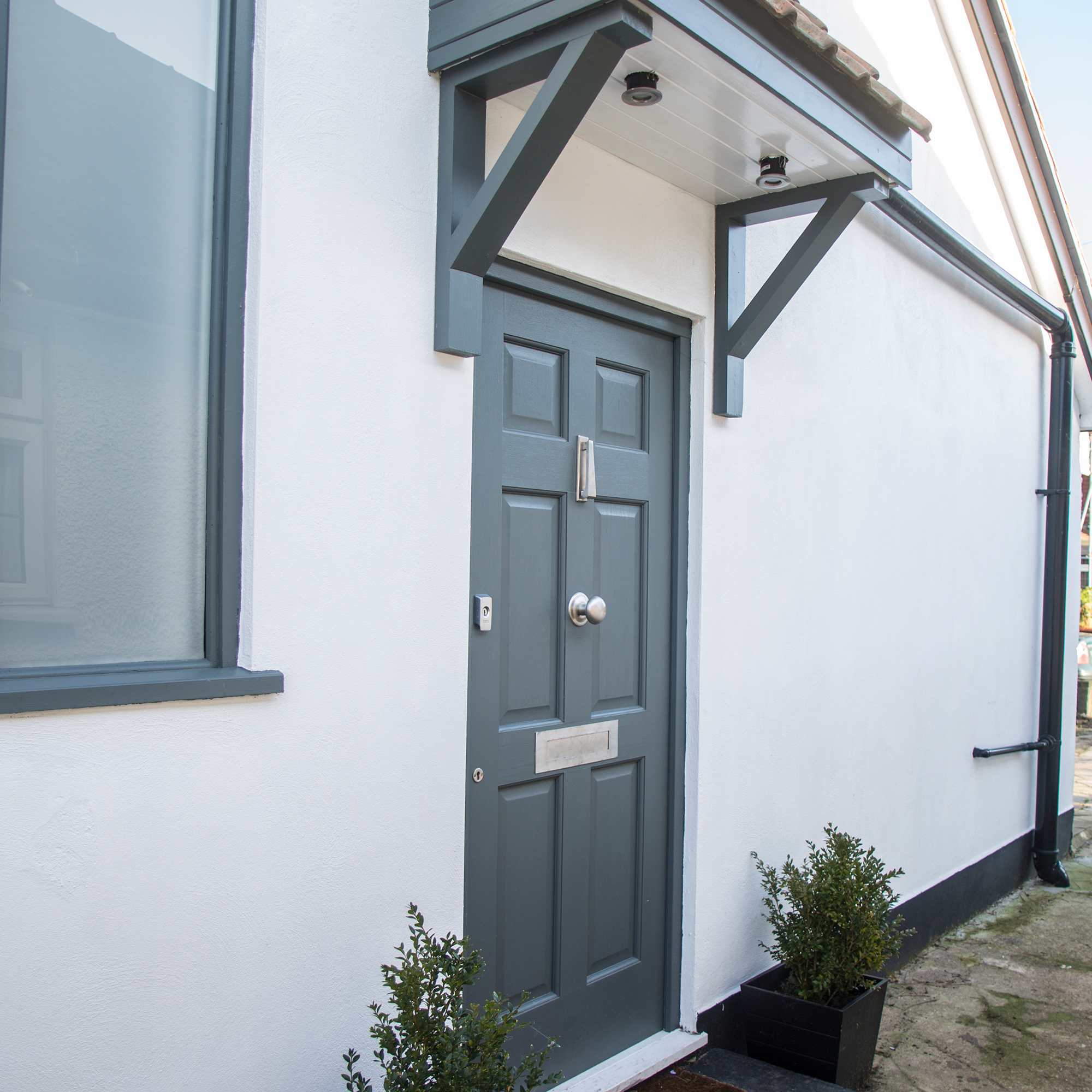
3. Reduce your monthly debt obligations
As well as boosting your credit score, reducing your debt will improve your chances of passing your mortgage lender’s affordability assessment.
Having debts affects your ability to borrow a mortgage in two ways:
- Regular monthly debt commitments will be deducted from your salary and reduce the amount of mortgage you can borrow.
- Lenders use a calculation called a debt-to-income ratio, where they consider the total amount of debt you have in relation to your annual salary. If it is considered high, you’ll be offered a lower mortgage or rejected.
To boost your chances of getting approved for a mortgage, try to pay off outstanding debts before you apply. This could mean paying off your car and any other pre-existing loans you may have.
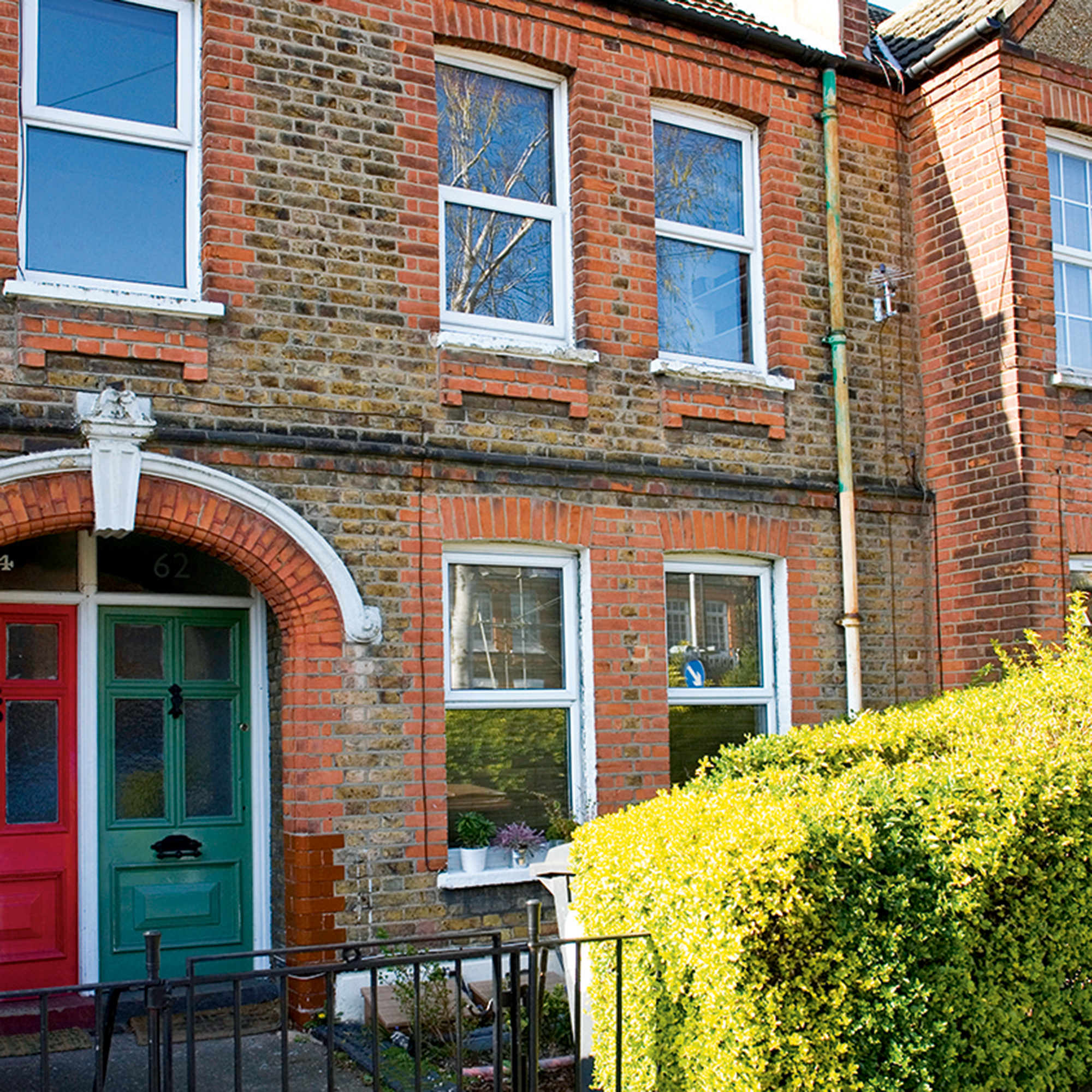
4. Don’t take on new debts before your mortgage completes
Your lender will run its credit check at the start of your mortgage application and any debts you have will be considered when the bank works out the maximum mortgage it will lend you.
However, the lender can run a new credit check whenever it likes up until your home purchase completes. If you’ve taken out a large commitment such as a new car loan in the meantime, the lender could withdraw its mortgage offer.
5. File your latest tax return
If you’re self-employed, lenders will want to see your last two years’ HMRC tax returns.
Although the tax year ends on 5 April, you have until 31 January the following year to submit your tax return. If your profits have increased in the most recent tax year, but you haven’t filed your tax return before applying for a mortgage, your higher earnings will not be included in the lender’s affordability assessment which will restrict the value of the mortgage you’re offered.
'If you’re self-employed and applying for a mortgage, timing around annual HMRC tax returns can be crucial,' explains Adrian Anderson, director of mortgage broker Anderson Harris.
'Tell your accountant you are going to be applying for a mortgage in the near future so they can file your return as any increased amount you pay yourself may have an impact on your mortgage capacity.'
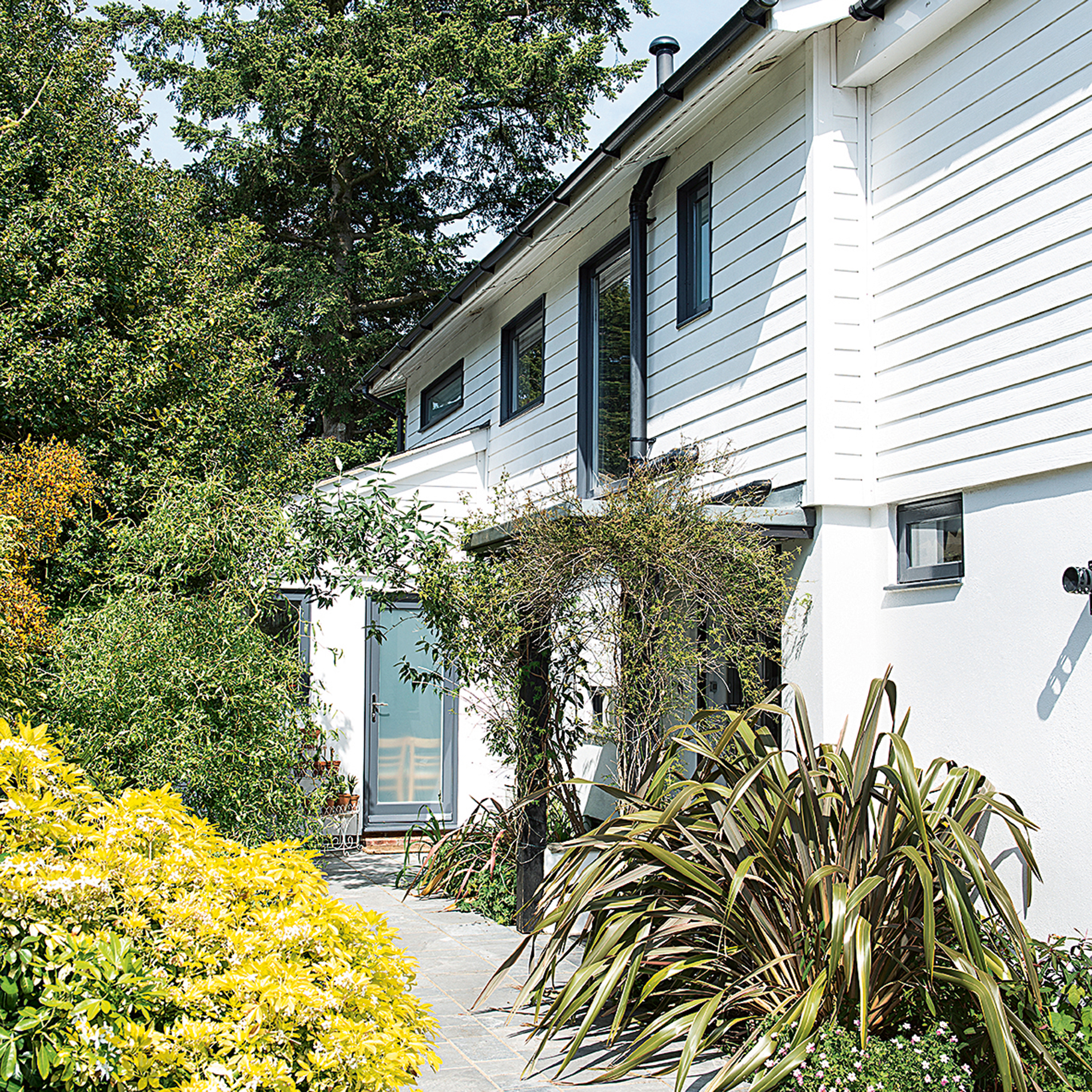
6. Put down a bigger deposit if you can
It may sound obvious, but the larger your deposit the easier it will be to get a mortgage. Not only will the monthly repayments be cheaper because you’re borrowing less, but the bigger your deposit the lower the rate you’ll be offered – making it cheaper again.
You also need to have a higher credit score to get a mortgage with a 5% deposit than you would if you had a 20% deposit. That’s because you pose a bigger risk to the bank so it wants to know you have an excellent payment record.
7. Work with a mortgage broker
A mortgage broker can help you navigate the application process. 'A good broker will know each lender's criteria and which lender should be most suitable for you based on your circumstances and mortgage requirements,' says Adrian Anderson.
'Your broker should be able to access the market leading rates and make the application process as smooth as possible.'
Samantha Partington is a personal finance journalist specialising in mortgages and the property market.
Over the past nine years, Samantha has worked for the Daily Mail, trade website Mortgage Solutions and business title Property Week. She regularly writes for national money pages including Money Mail and Sun Money and supports prop tech firms with content writing.
-
 5 signs you’ve taken decluttering too far — and how you can pull yourself back, according to organisation experts
5 signs you’ve taken decluttering too far — and how you can pull yourself back, according to organisation expertsYou might have to start resisting the urge to purge
By Lauren Bradbury
-
 What is the Party Wall Act 3m rule and is it something you should be worried about? This is what the experts say
What is the Party Wall Act 3m rule and is it something you should be worried about? This is what the experts sayDon't get caught off-guard by the Party Wall Act 3m rule — our expert guide is a must-read
By Natasha Brinsmead
-
 Shoppers can’t get enough of The Range’s lemon tree, but I’ve found an even cheaper bestseller at B&Q - it’s perfect for a Mediterranean look
Shoppers can’t get enough of The Range’s lemon tree, but I’ve found an even cheaper bestseller at B&Q - it’s perfect for a Mediterranean lookWelcome the summer with this glorious fruit tree
By Kezia Reynolds
-
 You can claim back over £300 a year from HMRC if you work from home - here’s how to check if you’re eligible
You can claim back over £300 a year from HMRC if you work from home - here’s how to check if you’re eligibleWhen it comes to saving, every little helps
By Kezia Reynolds
-
 Experts have revealed the best day to renew your home insurance policy - you’ll want to do it sooner rather than later
Experts have revealed the best day to renew your home insurance policy - you’ll want to do it sooner rather than laterDon't leave this task at the bottom of your to do list
By Kezia Reynolds
-
 Is a variable rate mortgage ever a good idea? Experts weigh in
Is a variable rate mortgage ever a good idea? Experts weigh inOur money expert explains what a variable rate mortgage is, who they can be good for, and the pros and cons of this kind of mortgage
By Samantha Partington
-
 I’m a first-time buyer, what are my chances of getting a mortgage right now?
I’m a first-time buyer, what are my chances of getting a mortgage right now?And what you can do to increase your odds
By Rachel Wait
-
 Should you ever pay above the asking price for a home?
Should you ever pay above the asking price for a home?Our money expert explains whether you should ever pay over the asking price for a home, especially if house prices fall as predicted
By Samantha Partington
-
 Should I fix my mortgage and how long should I fix for?
Should I fix my mortgage and how long should I fix for?We speak to the experts to find out whether you should fix your mortgage and how long for as well as the impact further interest changes could have on your decision
By Samantha Partington
-
 We put your mortgage questions to two leading experts, here's what they said
We put your mortgage questions to two leading experts, here's what they saidAs mortgage panic continues, we've answered the most common questions - from when mortgage rates will come down, to when you actually have to pay stamp duty
By Samantha Partington
-
 'My mortgage is set to skyrocket - what should I do?' 5 potential solutions from a money expert
'My mortgage is set to skyrocket - what should I do?' 5 potential solutions from a money expertIf you're facing higher mortgage costs, our money expert explains various courses of action you could take to ease the pressure
By Samantha Partington